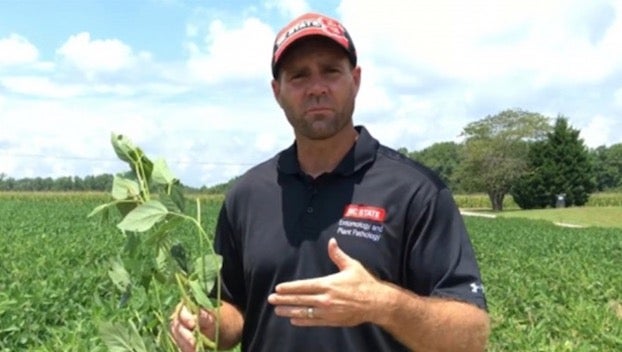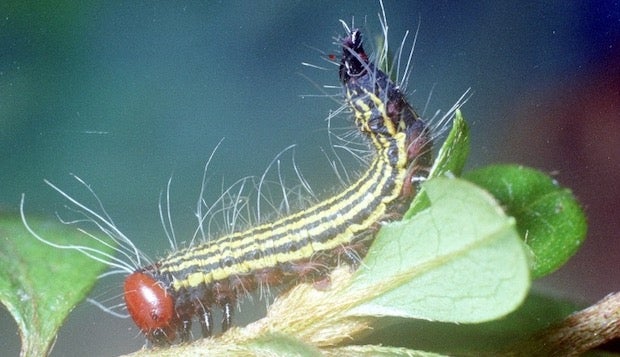Pine pollen is here
Published 5:06 pm Friday, March 12, 2021
|
Getting your Trinity Audio player ready...
|
As I walked through the garden this week, I noticed my shoes were yellow. We have been a little later seeing the pollen this year as compared to the past few years. Normally we are seeing the start of pollen season beginning in mid-February.
Let’s talk pollen, from one source or another, it is present nearly all year long. The biggest source of pollen right now (late-Winter into mid-Spring) is coming from pine trees. Typically pine trees, for which Eastern North Carolina is known by the way, are one of the first and heaviest producers of pollen. This is the yellow film that you see on your outdoor furniture, cars, houses and such. We never know exactly when pollen will start to come off of the trees or when it will peak because it is due to the season we are having. We can however, estimate when the peak of the season will be using degree days above 55°F beginning February 1. There is a way to look at this data using the State Climate office online. When your area reaches 300 degree days, pine trees begin to release pollen. Now hold onto your pants, this is some exciting stuff! When we reach 636 degree days, we have made it to the peak of the pine pollen season.
The season really determines how things will go, some years this is in March and some years this is in May. Overall the pine pollen season can last for weeks. We can look at the type of day to tell what the pollen count is going to like as well. On warm, dry, breezy days the pollen is going to be much worse. When we have cool, wet, periods it isn’t too bad at all. The time of day is also important. In the morning there is much more pollen released than in the afternoon.
Why does Eastern NC have so many pine trees? Here in the East, we grow pine trees really well. There is an abundance of open land that isn’t suitable for building or crops, so it was developed for the timber industry. We are also home to some of the largest paper mills that make things other than paper too by the way! If you have had children in the last 20 years, could you imagine not having disposable diapers? That is another product of the timber industry. North Carolina has a thriving timber industry that has a $32.8 billion-dollar impact on our economy.
Here is a helpful hint to staving off allergies – close your windows during heavy pollen days! But, is it the pine pollen that is bad for you? No, it is usually the pollen from the Oak trees that are in bloom at the same time that is causing many of us to suffer from allergies.
The Extension Master Gardener Volunteers have a great project right now. They are putting together a Lunch and Learn series on How to Grow a Salad in a Bucket. The series will begin Thursday, March 25th at 12:00pm. You can register for this series by visiting go.ncsu.edu/saladinabucket. There will be six sessions, each on the subsequent Thursday at noon. Over the course of our thirty minutes together on zoom, we will go through the How To’s of growing your own salad in a series of five-gallon buckets. The program should take 15-20 minutes leaving 10-15 minutes for questions.
If you are having an issue in your home garden or landscape, send your questions to Gene Fox, Consumer Horticulture Agent with the North Carolina Cooperative Extension Service, please email at Gene at gene_fox@ncsu.edu or call at (252)946-0111. Learn more on Facebook at the Blacklands Area Horticulture page or visit the Extension Office located at 155 Airport Road in Washington, NC.
Gene Fox is the area consumer horticulture agent with North Carolina Cooperative Extension.





